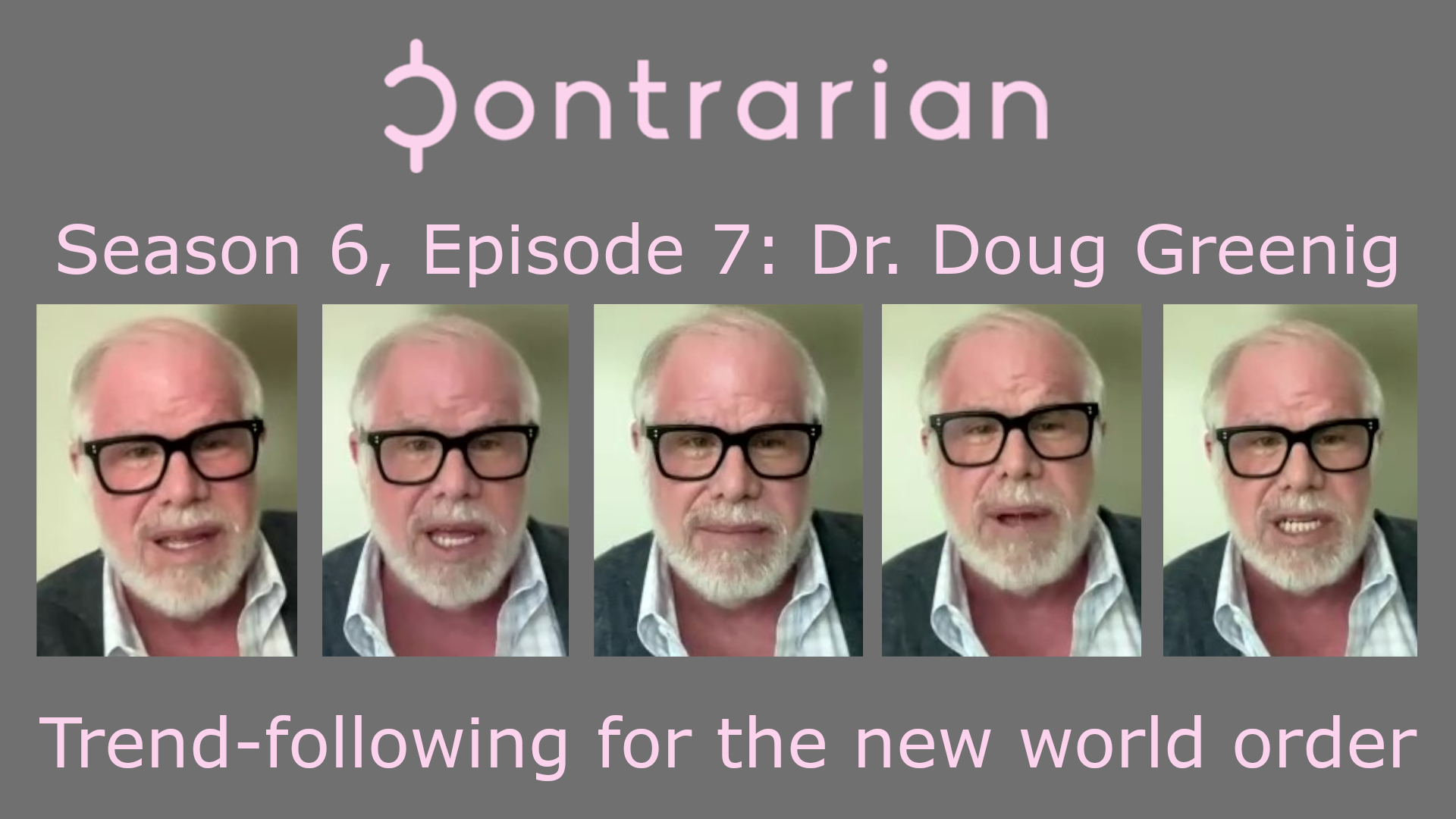With Ayesha Tariq, Macro Visor
Ayesha Tariq, founder of Macro Visor, rejoins the podcast to discuss her views on the economy, markets, and where investors should look for opportunities.
- The macro set-up and why people are talking about stagflation (1:56);
- The K-shaped economy and the damage being done (3:31);
- Fed Chair Jerome Powell claims there’s no stag and no flation. Is he wrong? (It wouldn’t be the first time) (8:50);
- Faced with this backdrop, what does one do as an investor? (13:03);
- China: There are still reasons to worry, even though the bleeding from the property market has abated a bit… (15:58);
- India: long term growth story. Also copper, oil, and Japan (17:11);
- The guest’s favorite areas for opportunity right now: UK and India (21:07);
- A long-term concern is the fiscal situation in the US (22:00).
For more about the guest, visit her firm’s website MacroVisor.com or follow her on Twitter/X.

